Hard is unfavorable for plant development. What makes water hard is mainly calcium and magnesium salts. If you water your garden with water that contains a lot of calcium salts, the plants begin to absorb phosphorus, iron and other nutrients from the soil worse. As a result, plants may suffer from chlorosis.
Is it possible to make water softer? There are several ways to help soften water, but they are far from successful. not all of them are realistic for use in a summer cottage. Water hardness caused by calcium and magnesium salts can be eliminated by simply boiling. But you must admit that this is not a solution. Only indoor plants can be watered with boiled, cooled water. But even for them this recommendation cannot be considered successful: there is no oxygen in boiled water, boiled water is lifeless.
Water will become softer if it is frozen and then thawed. Moreover, that part of the water that does not freeze immediately is drained along with the salts dissolved in it. The ice is thawed, the water is allowed to warm up and used to water the plants. Thawed water contains practically no hardness salts; it has a beneficial effect on plants. But this method of obtaining soft water can only be applied
when growing indoor plants.
But what remains for gardening plants?
- You can soften the water by letting it sit for several days. If the site has a large container for irrigation water, this recommendation is closer to the dacha reality. Fill a container with water, let it sit for several days, and only then water it. Water should not be drained to the very bottom. This method is especially effective on hot days when the water warms up well.
- Water softens if you add acid to it. For example, oxalic or orthophosphoric. After their use, calcium and magnesium salts precipitate. Where to buy acid and, moreover, how much to add is a separate question that is difficult to answer. 2 g of oxalic acid added to 10 liters of water softens hard water (16 mEq and above) by approximately two times.
- There are recommendations to add wood ash to water to soften it: 30 g per 10 l or peat (100 g per 10 l of water).It is believed that the water will become softer if a piece of wood is placed in a container, but the authors of such advice do not specify what type of wood or what size (or weight) the board or log should be.
- There are more realistic recommendations for reducing the harmful effects of hard water on plants. For example, more complete use of melt and rain water, which are considered the most favorable for plant development. To keep snow in the garden, in the fall they dig up the soil without breaking blocks that would prevent the wind from blowing the snow away.
In the spring, the moisture accumulated over the winter is covered up as early as possible (the soil is harrowed). When the soil warms up and the plant roots begin to actively work, the soil surface is mulched to reduce the evaporation of moisture that entered the soil with melt water and spring rains.
If it is not possible to mulch the soil, be sure to loosen it after each rain and watering. The more fully the plants use natural moisture, the less you will have to water with hard water, the lower its negative impact on the plants.
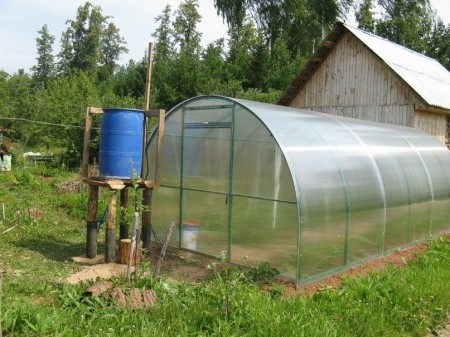
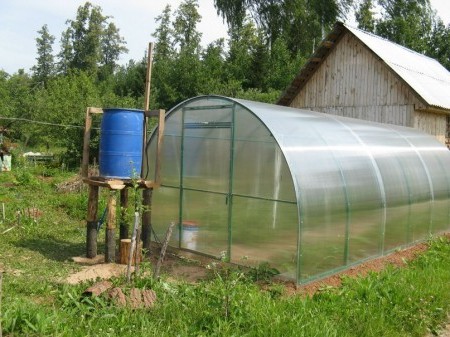
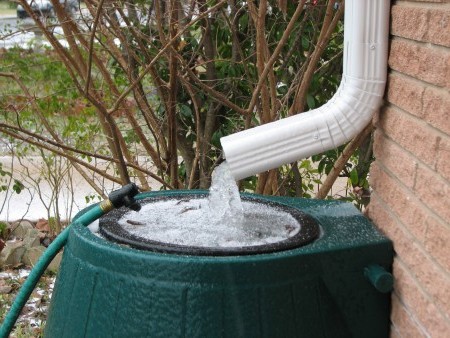


 (4 ratings, average: 3,50 out of 5)
(4 ratings, average: 3,50 out of 5)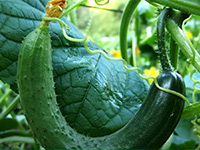 CUCUMBERS NEVER GET SICK, I'VE BEEN USING ONLY THIS FOR 40 YEARS! I SHARE A SECRET WITH YOU, CUCUMBERS ARE LIKE THE PICTURE!
CUCUMBERS NEVER GET SICK, I'VE BEEN USING ONLY THIS FOR 40 YEARS! I SHARE A SECRET WITH YOU, CUCUMBERS ARE LIKE THE PICTURE!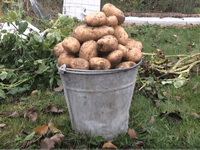 You can dig a bucket of potatoes from each bush. Do you think these are fairy tales? Watch the video
You can dig a bucket of potatoes from each bush. Do you think these are fairy tales? Watch the video
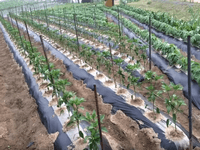 How our fellow gardeners work in Korea. There is a lot to learn and just fun to watch.
How our fellow gardeners work in Korea. There is a lot to learn and just fun to watch. Eye trainer. The author claims that with daily viewing, vision is restored. They don't charge money for views.
Eye trainer. The author claims that with daily viewing, vision is restored. They don't charge money for views.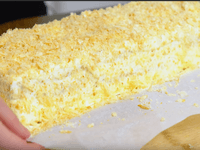 A 3-ingredient cake recipe in 30 minutes is better than Napoleon. Simple and very tasty.
A 3-ingredient cake recipe in 30 minutes is better than Napoleon. Simple and very tasty. Therapeutic exercises for cervical osteochondrosis. A complete set of exercises.
Therapeutic exercises for cervical osteochondrosis. A complete set of exercises.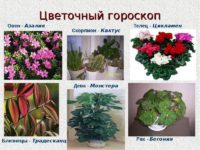 Which indoor plants match your zodiac sign?
Which indoor plants match your zodiac sign?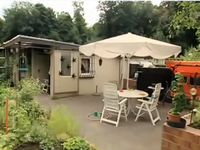 What about them? Excursion to German dachas.
What about them? Excursion to German dachas.